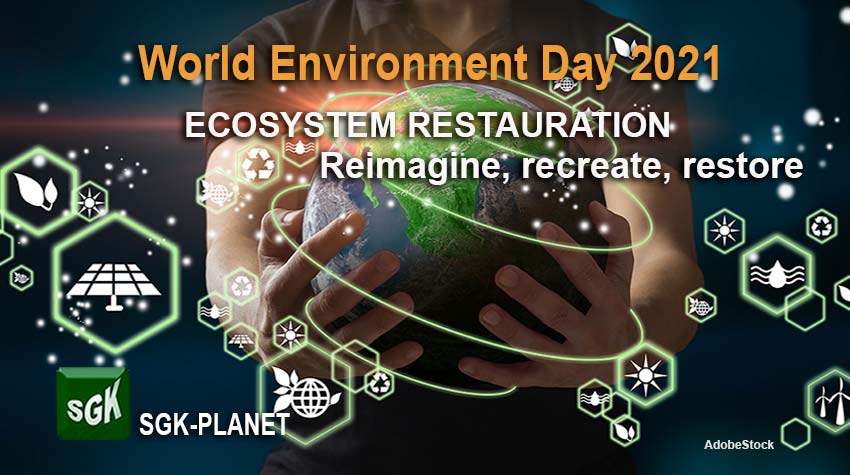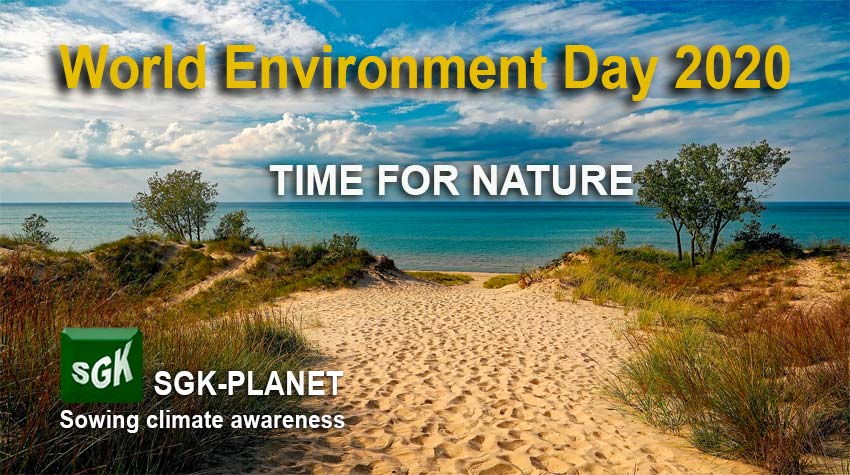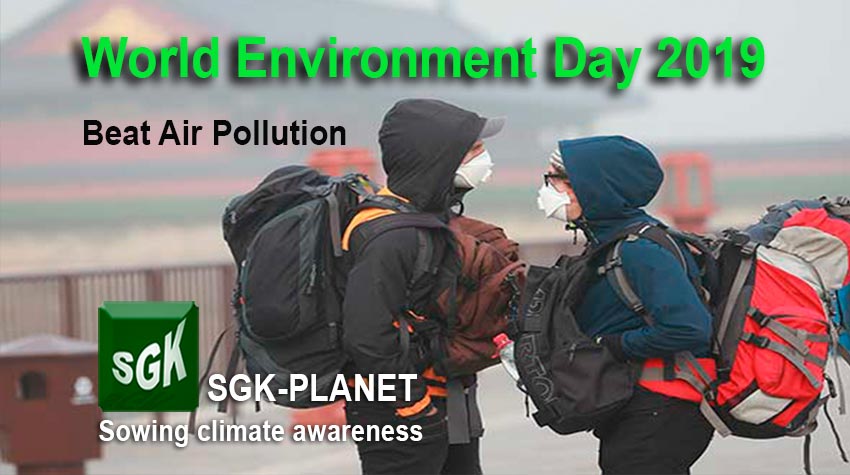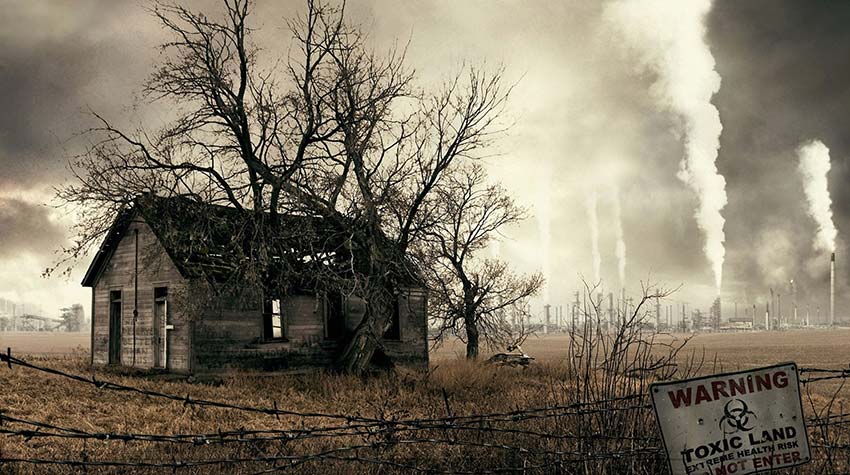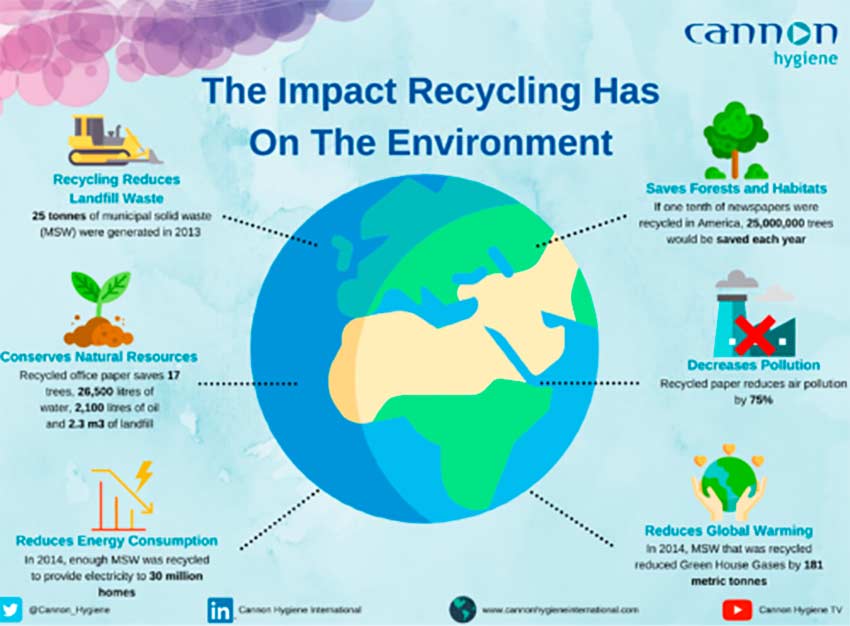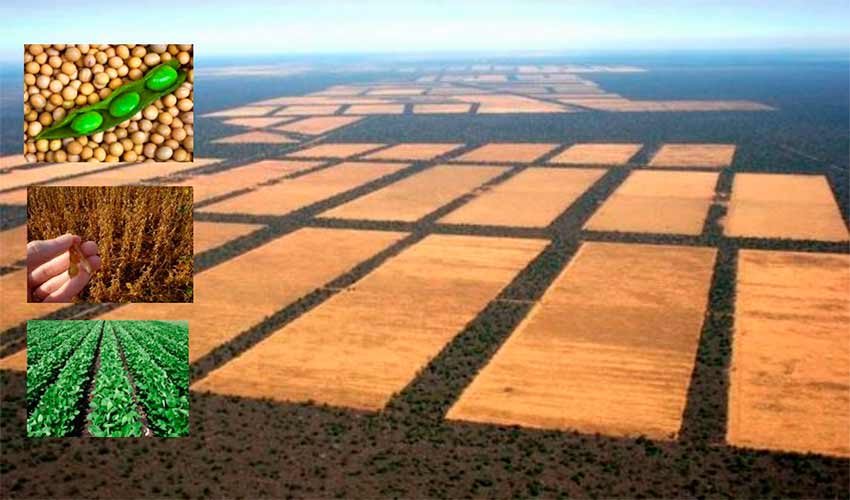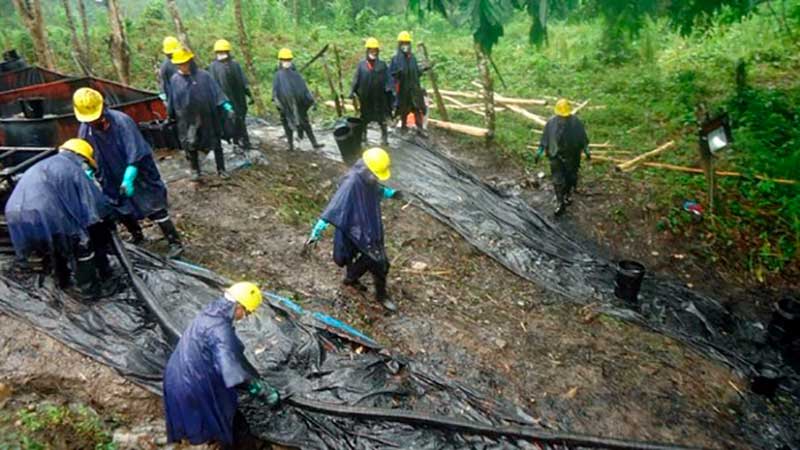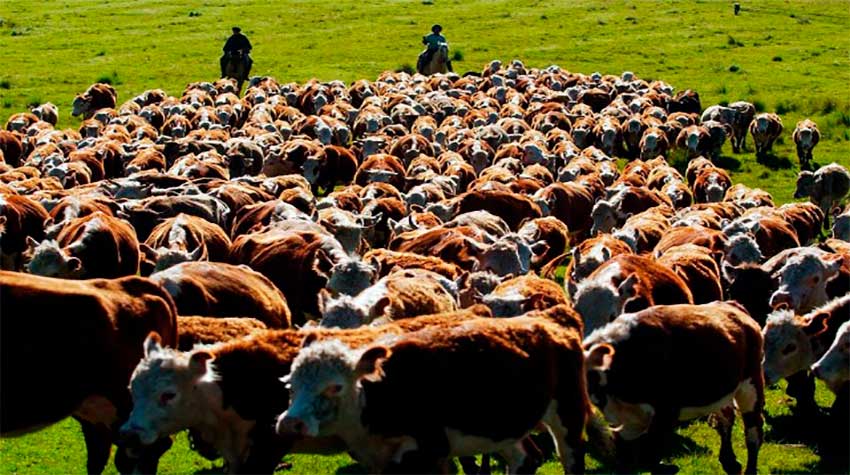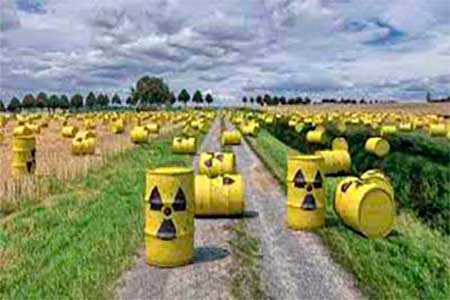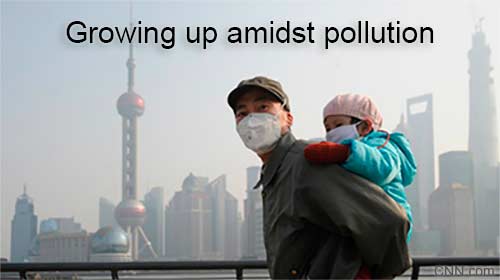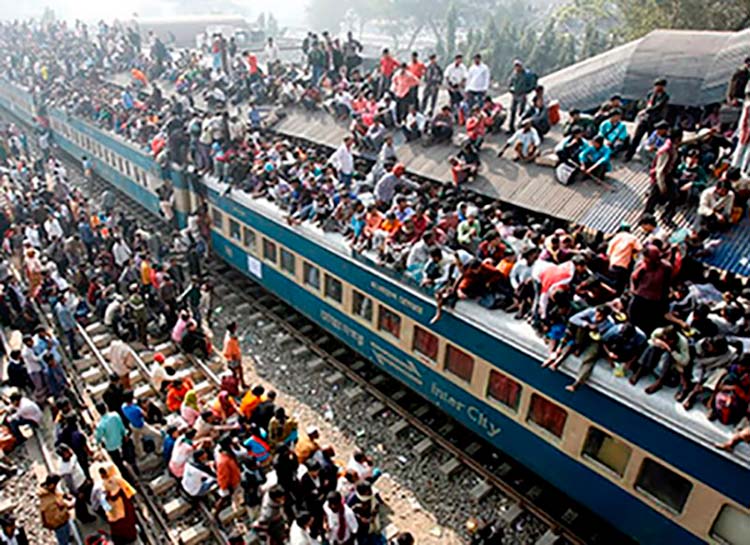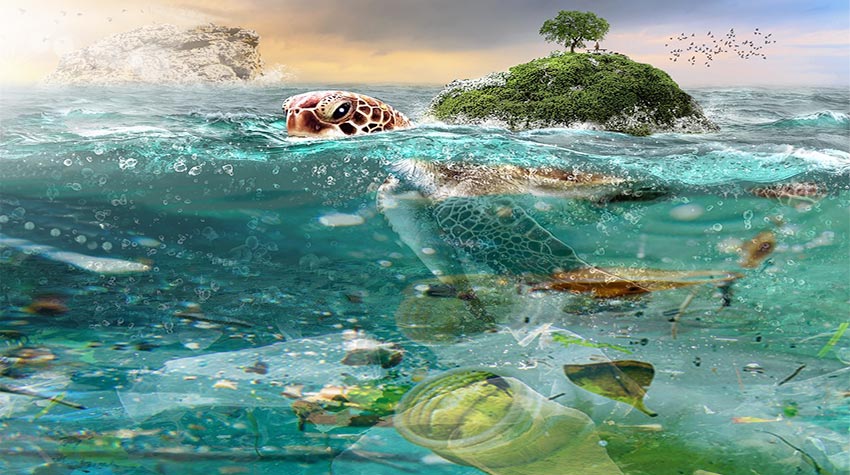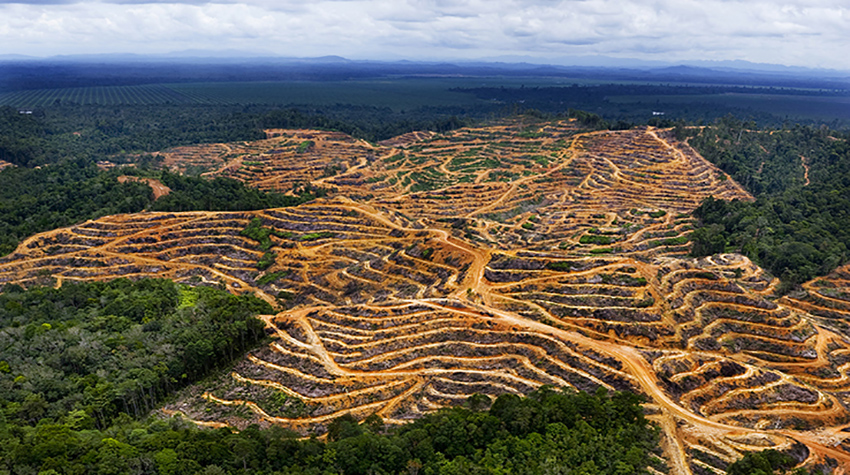FAQs about Environment

FAQs about Environment
1. What is the environment and what is its importance?
2. What are the components of the environment?
3. What is ecology and what is its relationship to the environment?
4. What is an ecosystem and what are its components?
5. What are biomes, and which are the most important?
6. How does climate change affect the environment?
7. How does intensive agriculture and livestock affect the environment?
8. What are the causes and consequences of environmental pollution?
9. What are we doing to curb the deterioration of the environment?
Other sections of Environment
Articles
June 5 was established as World Environment Day by the United Nations General Assembly in 1972. On that date, the Stockholm Conference “First Earth Summit” was held at the initiative of Sweden and in conjunction with the UN.
This year’s World Environment Day will be hosted by Pakistan. The theme of the year is “Restoration of ecosystems”, and the motto is “Reimagine, recreate, restore.” It will be in this environment that the United Nations Decade on Ecosystem Restoration 2021-2030 is launched.
World Environment Day is celebrated on June 5 of each year. In 2020 the venue of the event will be Colombia. Topics to be discussed will be the Amazon, air quality, health, circular economy, and climate change. The central theme is “Conservation of biodiversity” and the motto “Time for Nature”. The environment is the space that sustains biodiversity and therefore life on Earth. By its definition, an environment cannot exist on a planet devoid of life since its statement implies the relationship of living beings with their environment.
Beat Air Polution
World Environment Day is celebrated on June 5, dedicated this year to the fight against air pollution with the moto “Beat Air pollution”. Established by the UN in 1972, during the Stockholm Conference, whose central theme was the normalization of human relations with the environment. China will be the global host of the 2019 World Environment Day. The country’s government has committed that day to organizing celebrations in many cities, with a main event in Hangzhou, Zhejiang province. In the north of China there are several cities where the air is practically unbreathable due to pollution.
Environmental pollution, in the classical concept, occurs when certain elements that cause harmful effects accumulate in quantities that nature cannot recycle. A contaminant is a substance that is found in a medium to which it does not belong or that does so at levels that can cause adverse effects. A species is in danger of extinction when its existence is globally compromised. Humans, in a short time, we have turned the Earth into a kind of supermarket where we are supplied with everything we need, including the spaces to build our towns, cities, mining camps, agricultural and livestock lands. We have wrested huge areas that recently belonged to the other species, without much regard to the damage we have caused them.

